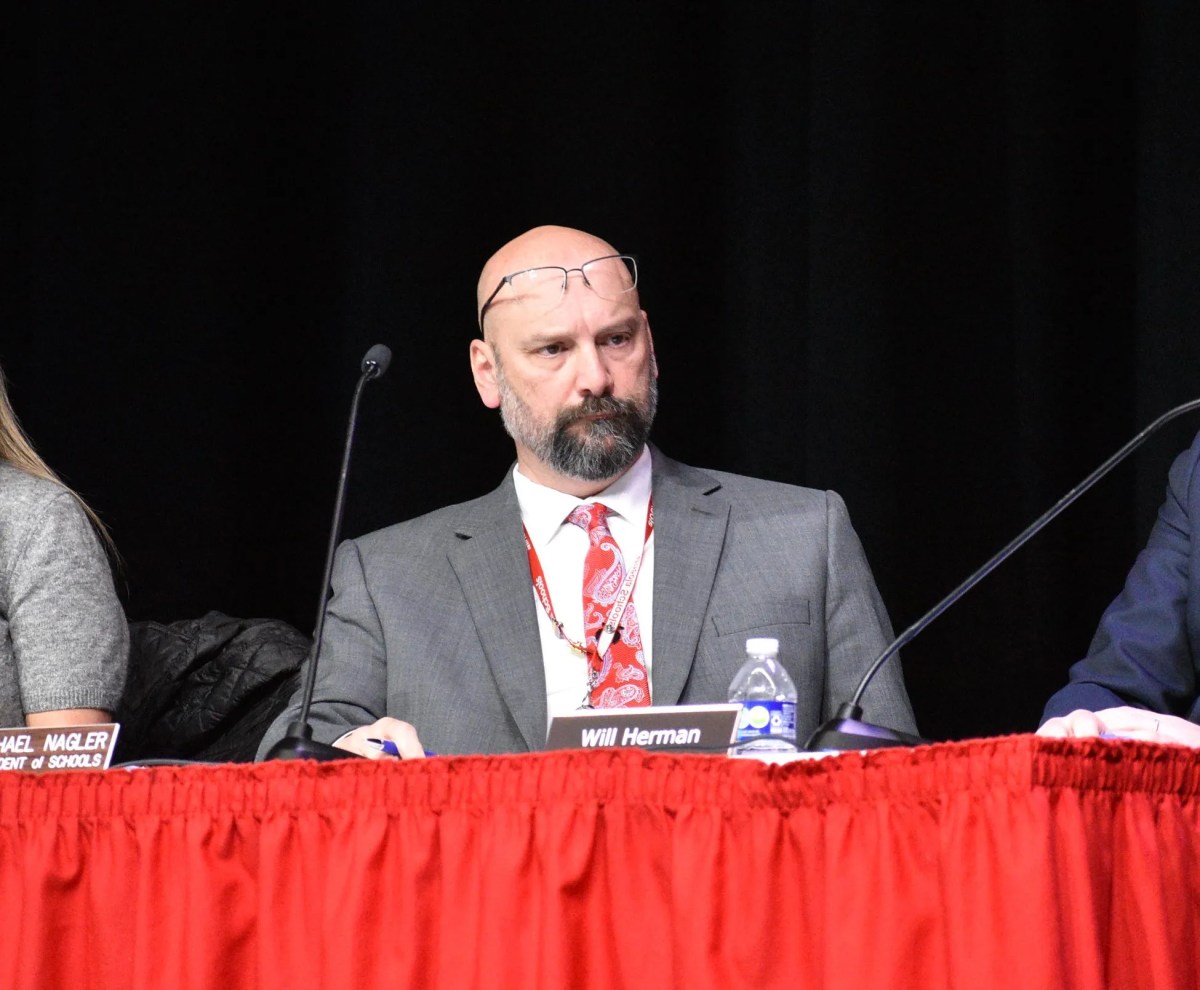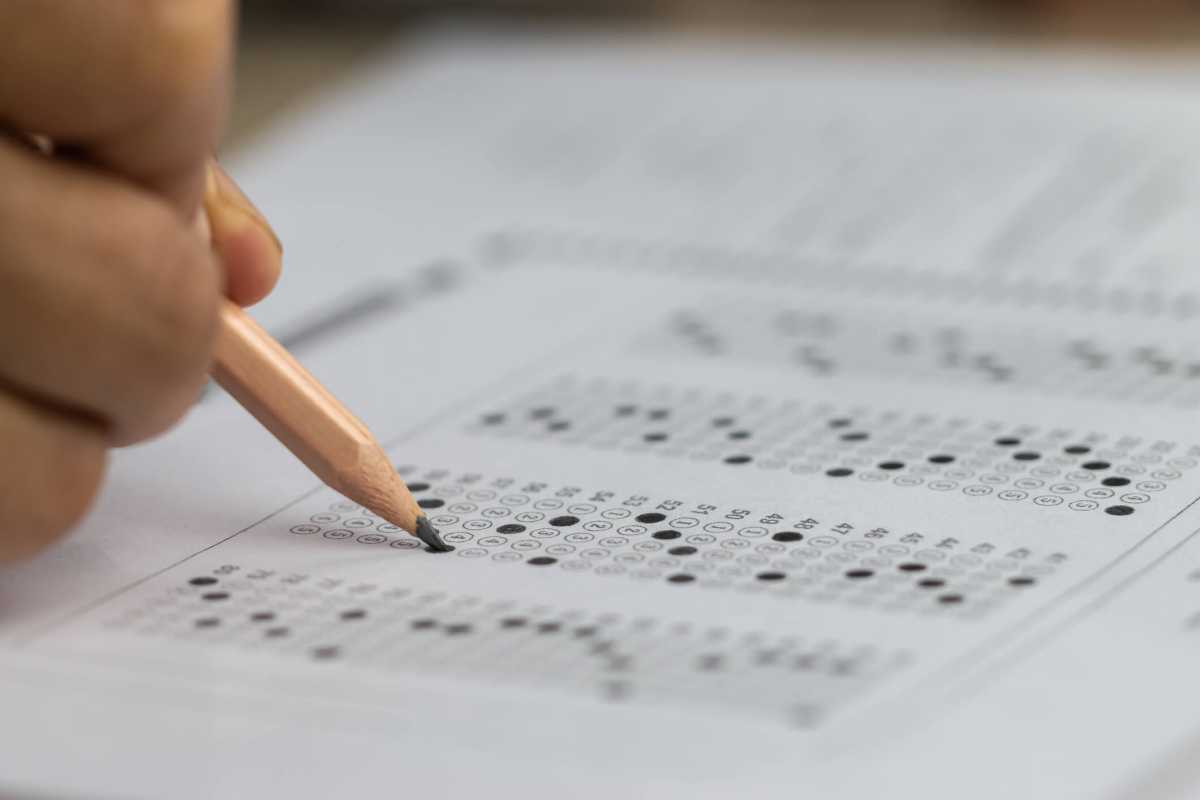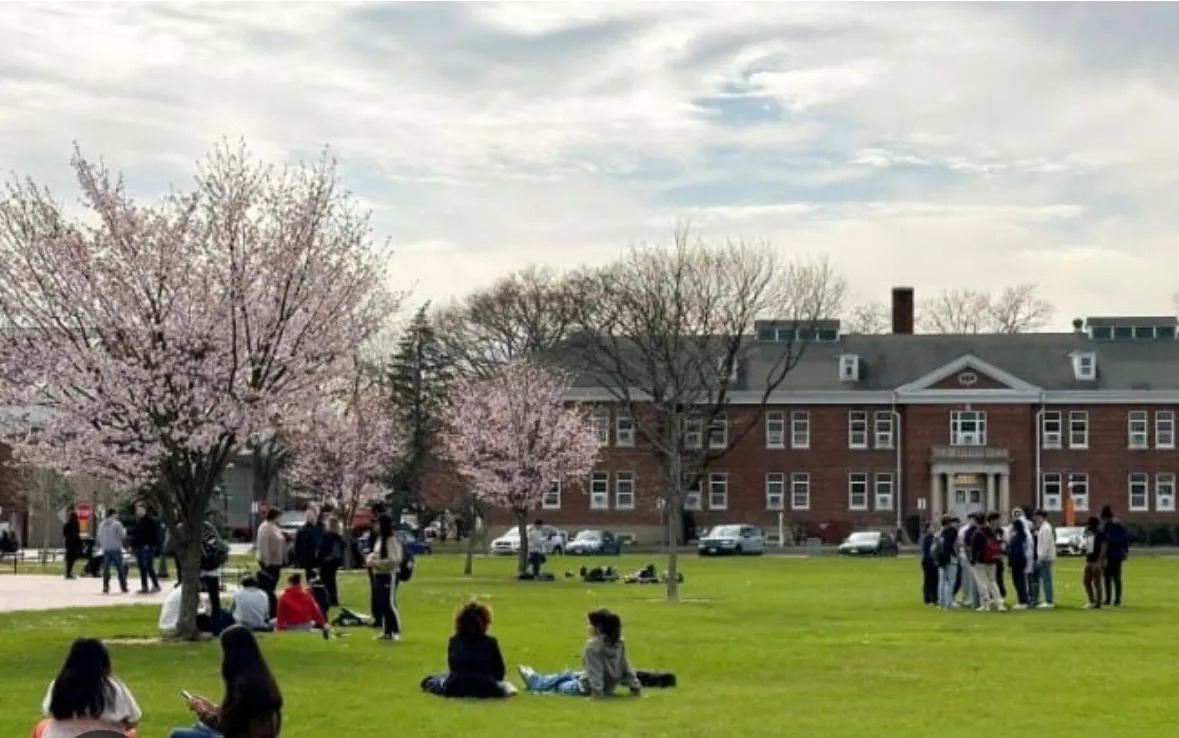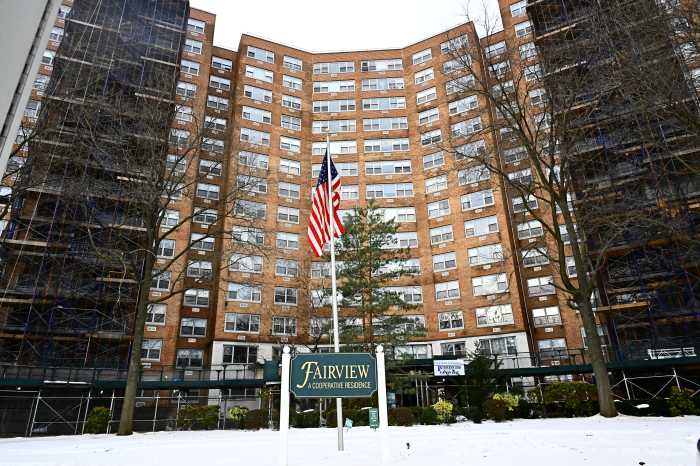Are you a New York State Senator representing a district in New York City? If so, the Chinese American Citizens Alliance Greater New York (CACAGNY) wants to speak with you.
On their mind: Senate Bill S3087 which would repeal the Hecht-Calandra Act, the law that codifies the controversial Specialized High School Admissions Test (SHSAT).
If enacted, S3087 would get rid of the controversial SHSAT, the required test to be considered for one of the city’s nine specialized high schools.
CACAGNY wrote to all of the state senators representing New York City districts yesterday calling the bill, which is currently in committee, “an undisguised racist attempt to expel Asians from the Specialized High Schools.”
They said that the legislation is an extension of the recent increase in violence against Asians.
“And it is inconceivably outrageous that at a time like this, when racist thugs scream “you don’t belong here” while brazenly assaulting Asians on New York City streets in broad daylight, this bill brazenly codifies into public law the racist narrative, written right into the dog-whistle language in its text, that Specialized High Schools have too many Asians, that “you don’t belong here” in schools either,” CACAGNY, a vocal supporter of the SHSAT, wrote to the senators.
They asked the lawmakers each to meet with them. If they haven’t decided on how they plan to vote yet, CACAGNY said they would like to talk them about their side of the issue. And if they have decided to vote ‘yes,’ they want to know why.
“We want you to justify supporting the bill’s racist premise of too many Asians in the Specialized High Schools,” they wrote.
Senator Julia Salazar, the main sponsor of the bill, did not respond to requests for an interview or to comment for the story. PoliticsNY did not reach out to every New York City senator contacted by CACAGNY.
Opponents of the SHSAT say it unfairly discriminates against Black and Latino students, who are underrepresented in the city’s specialized high schools. Meanwhile other groups, such as Asian students, receive more spots relative to their population in the city.
But CACAGNY Founding President Wai Wah Chin disagreed.
“We should never say anybody is over represented. We are represented by the merit, by the performance in a test,” Chin said.
Instead, she says that the argument over the SHSAT is a distraction from solving real problems in the New York City education system.
“The people who are trying to push these changes are trying to avoid the hard work of trying to improve the K to eight schools,” she said.
Instead of focusing on why students aren’t meeting the threshold for the specialized high schools, they are focusing on who is meeting it, she said.
“And that’s wrong, that is racist,” she said. “That is actually not addressing the problem, but scapegoating Asians.”
But Kaveri Sengupta, the Education Policy Coordinator at the Coalition for Asian American Children and Families, said that getting rid of the SHSAT will actually benefit Asian students since the majority do not attend specialized high schools.
“Many of them have barriers to access that sort of resemble the barriers to access that Black and Latinx students have as well,” she said. “Improving schools for the whole city will also improve schools for Asian Americans. And that means, like integration and that means equity.”
Sengupta did not have an answer for what would happen if the Hecht-Calandra Act were repealed and the SHSAT done away with. That would be up to the city to figure out, she said. The one thing she was sure of, though, was that it needed to go.
“What’s going on now is just not working,” she said. “It’s not giving the students in the schools the education that they deserve.”










